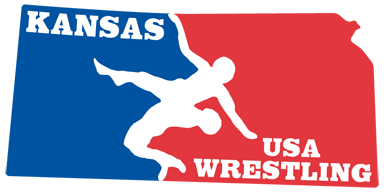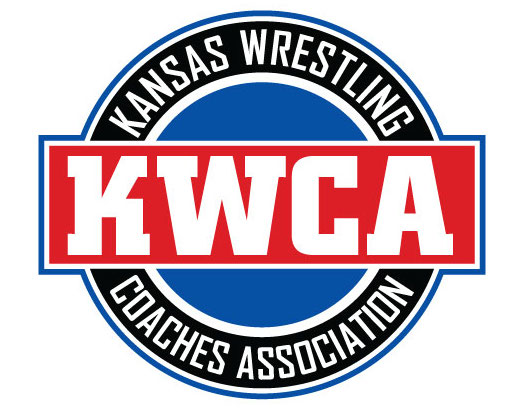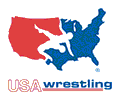I have had this happen A few times this year. Where A Official says he only counted to one but was swinging his arm for the two count.In his mind the two comes at the end of the swing. To me it is easy ,No one goes ttttwwwwwwwwooooooo.There should never be any arm moment with out the two count 1st.If the Official shows a two count There is no way he should ever say it was only a one count.Saying two at the end of the Officials stroke is one thing that could be easily changed,it would save a lot of headache with coaches.
With no video its all just opinion. And even with the video it might be all opinion.
The mechanics of calling near fall are important, and in part to prevent confusion. There was an article in our officials' journal this year on this topic. The rules contemplate both a visual and a verbal signal. The proper method is to have your arm count accurately timed to the second, so when you finish your swing, you have counted (one-thousand one, one-thousand two). Now, you don't say that, you just say "one, two, three.....as your arm hits the end of its swing. I'm sure there are guys that are behind the action and some that jump the gun and are too quick.
You need to have it timed and show it properly, so the coaches and fans know what is going on. Kids can and do get out of criteria on a "one count" all the time if they hear it or if the coach sees it and shouts...if you are behind in your count then you've not alerted the wrestler he is in criteria. For the wrestler, he needs to hear "one" loud and clear. How's he supposed to know if he's in criteria if he's not told?
There are many instances where the official will not award points even though he may have inadvertantly counted. Happens all the time, there's too many examples to even start listing them. But the important thing is to be in position, see the NF, and start counting so you can properly award points earned.
There are situations where you just can't do the arm swing and the verbal count per the book, but you still must award the earned points. The points are not earned by either the arm swinging motion or the verbalization, they are earned by holding your opponent in criteria for the amount of time necessary.
I'll give you an example that I've run across. Every once in a while I have called falls after time expired in the period. It happens like this, the kid gets taken directly to his back, he's flat, as I am dropping to the mat I'm watching his back and he's stuck and I'm counting (1, 2) in my head and when I get into position to make sure everything is legal the buzzer sounds. Kid is pinned, and was pinned, before time ran out. So I slap the mat. It's the correct call, its not very good mechanics. But my choice at that point is to make something up or take my lumps when the coach starts complaining that time had run out. Time had run out, but not before he was pinned.
The other situation that once in a while causes some heartburn is where there is a takedown or scramble and a kid ends up in criteria...at that point should you score the takedown, reversal, etc. or start counting NF? I think clearly you shout out "one" so the wrestler knows he's in jeopardy rather than taking the time to score the takedown or reversal and then hold up the two for the NF. You can always catch up--he know's he's been pointed if you are counting back points. Makes sense to me, but I've had coaches complain that until the kid knows he's been taken down (by awarding/verbalizing the points) you can't start counting. It's a chicken or egg argument tempered by experience.
But there are actually some situations where calling the takedown first is necessary....for example, locked hands on a takedown, if the official hasn't scored the takedown, how can the wrestler know that he's to release his locked hands?
Here's another heart-breaker--this usually happens with a head and arm takedown. They hit the mat, the official starts the NF counting and then the bottom kid rolls through or gets to his feet and the official does not call a take-down and no NF either because he decides there was no control to begin with. But if the kid did have control, and was able to hold his position, then you needed to be counting.
I know most everyone thinks officiating is a piece of cake, and it is 98% of the time, the other 1% doesn't matter because even a bad call doesn't affect the outcome. Its the 1% that always ends up causing the heartburn, and those aren't usually "easy" calls although in hindsight they might seem like it.
Also, as they say, "without video it didn't happen."







